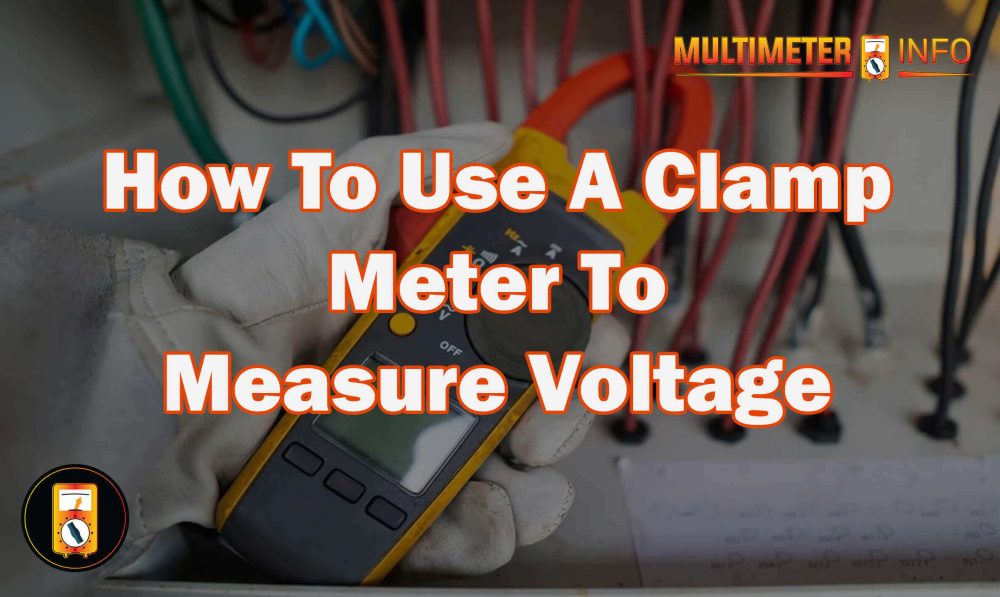When it comes to electrical circuits, precision is vital. A multimeter is essential for any electrician or DIY enthusiast who wants to measure a circuit’s voltage, current, and resistance. However, there has been a long-standing debate on whether or not using a multimeter can cause damage to the circuit being tested.
Some argue that when used improperly, a multimeter can create short circuits or overload the circuitry, leading to serious problems such as blown fuses and damaged components. Others believe that as long as proper safety precautions are taken, and the meter is used correctly, it poses no threat to the circuit.
Potential risks of using a multimeter on circuits
A multimeter is often essential for measuring voltage, current, and resistance when working with electronic circuits. However, as with any electrical equipment, there are potential risks associated with its use that should be considered.
Electric shock is one of the main dangers of using a multimeter on circuits. Multimeters are designed to measure electrical current and voltage, but if not used correctly or on live circuits without proper protection measures, they can cause fatal accidents. Always wear protective gear such as rubber gloves and shoes when handling electrical devices, and ensure that you have appropriate training before attempting to work with high-voltage systems.
Common mistakes to avoid when using a multimeter
A multimeter is an essential tool for anyone who works with electrical circuits. It provides accurate voltage, current, and resistance measurements, making it a valuable asset to electricians, engineers, and hobbyists. However, if incorrectly used, it can lead to inaccurate readings and damage to the tested device.
- One common mistake when using a multimeter is not setting the correct function for the measurement needed. For example, attempting to measure the voltage on a current setting or vice versa can cause inaccurate readings.
- Another mistake is failing to select the range of measurement appropriately required. This can overload or underload the meter, causing inaccurate results.
- A third common mistake is neglecting safety precautions such as wearing protective gear like gloves or goggles when working with live circuits or failing to test that there’s no residual charge before measuring a component.
Can A Multimeter Damage A Circuit?
A multimeter is an essential tool for any technician or engineer working with electronics. It measures electrical properties such as voltage, current, and resistance in a circuit. While it is crucial to use a multimeter accurately, there are concerns that it can damage circuits if not handled with care.
- A multimeter can damage a circuit by applying too much voltage when measuring resistance. If the meter is set to measure resistance but accidentally switched to measure voltage and then connected across the wrong points of the circuit, this could cause excessive current flow through components and, in some cases, lead to permanent damage. Similarly, setting the meter on ohms while connecting it unknowingly across live wires will also have disastrous results.
- Another way that multimeters may damage circuits is through their input impedance.
Frequently Asked Questions
Multimeters are essential for anyone working with electronics, electrical systems, and circuits. They provide a fast and easy way to measure voltage, current, resistance, and continuity in various electronic devices. However, using a multimeter can be dangerous if not done properly.
One hazard of using a multimeter is the danger of electric shock. When testing live circuits or high-voltage components such as power supplies or transformers, there is always the risk of electrocution if you come into contact with exposed wires or terminals. To avoid this hazard, always ensure you have disconnected any power sources before taking measurements with your multimeter.
Accidentally damaging a circuit can be a nightmare, particularly if you don’t have any knowledge about electronics. The good news is that it’s not always the end of the world. You may be able to fix your damaged circuit yourself with some basic tools and techniques.
The first thing to do if you accidentally damage a circuit board is to assess the damage. Look for signs of physical damage, such as cracked boards or burnt-out components. If you see something like this, stop immediately and seek professional help. Trying to fix it yourself could worsen the situation, potentially causing even more harm.
However, if there are no visible signs of physical damage, try checking for loose connections or broken wires that might be causing problems in your circuit board. In most cases, these issues can be fixed by simply re-soldering the connections or replacing faulty components.
A multimeter is a device used to measure various electrical parameters like voltage, current, and resistance. It’s an essential tool for technicians and engineers who work with electronic components. However, there are occasions when users wonder if using a multimeter affects the circuit under test.
In most cases, a multimeter won’t affect the circuit being tested. The device consumes very little power from the circuit and has a high input impedance, so it draws negligible current. But there may be some exceptions where using a multimeter might affect the circuit’s behavior or even cause damage to it.
For instance, when measuring high-frequency signals or currents in circuits containing sensitive components such as transistors or ICs, using a low-quality multimeter could introduce errors in your readings or even damage these sensitive parts. Similarly, wrongly connecting the probes of your meter can short-circuit components and harm them.
Conclusion:
In conclusion, a multimeter can potentially damage a circuit if not used correctly or if the device is faulty. Following proper safety procedures when handling electrical equipment and calibrating the multimeter before use is essential. Additionally, investing in a high-quality multimeter may be beneficial to decrease the likelihood of any potential damage to the circuit. These precautions allow us to safely and accurately measure electrical parameters without harming or damaging circuits. Remember, safety should always come first when working with electricity.





